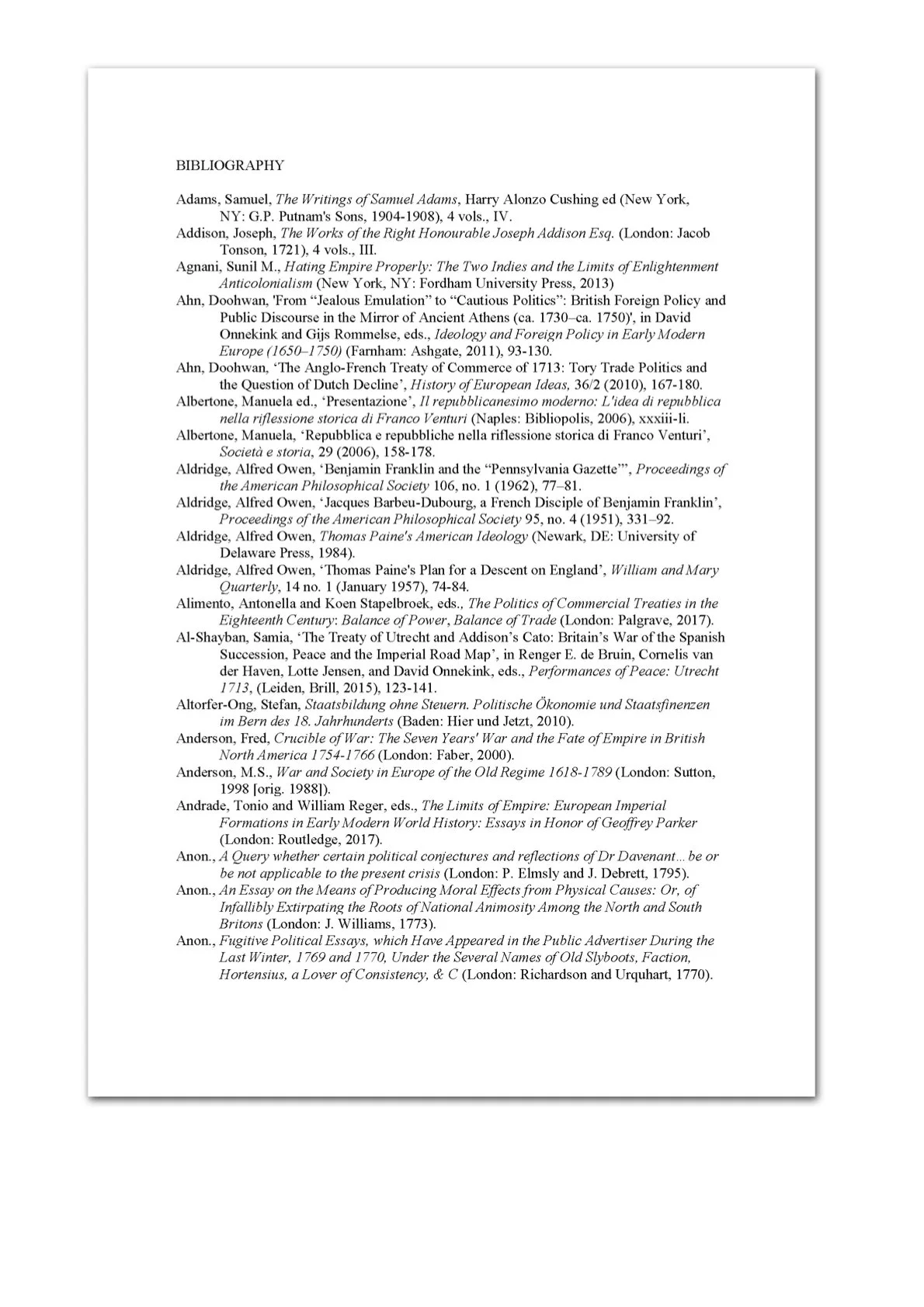The End of Enlightenment
Empire, Commerce, Crisis
7 December 2023
Description
The Enlightenment is popularly seen as the Age of Reason, a key moment in human history when ideals such as freedom, progress, natural rights and constitutional government prevailed. In this radical re-evaluation, historian Richard Whatmore shows why, for many at its centre, the Enlightenment was a profound failure.
By the early eighteenth century, hope was widespread that Enlightenment could be coupled with toleration, the progress of commerce and the end of the fanatic wars of religion that were destroying Europe. At its heart was the battle to establish and maintain liberty in free states – and the hope that absolute monarchies such as France and free states like Britain might even subsist together, equally respectful of civil liberties. Yet all of this collapsed when states pursued wealth and empire by means of war. Xenophobia was rife and liberty itself turned fanatic.
The End of Enlightenment traces the changing perspectives of economists, philosophers, politicians and polemicists around the world, including figures as diverse as David Hume, Adam Smith, Edmund Burke and Mary Wollstonecraft. They had strived to replace superstition with reason, but witnessed instead terror and revolution, corruption, gross commercial excess and the continued growth of violent colonialism.
Returning us to these tumultuous events and ideas, and digging deep into the thought of the men and women who defined their age, Whatmore offers a lucid exploration of disillusion and intellectual transformation, a brilliant meditation on our continued assumptions about the past, and a glimpse of the different ways our world might be structured - especially as the problems addressed at the end of Enlightenment are still with us today.
Publisher: Penguin Books Ltd
ISBN: 9780241523421
Number of pages: 320
Order Now:
Hardback, e-book and audiobook.
The book’s leading lesson is that Britain, albeit today a rain-soaked rump of a post-imperial polity, is, as in the 1790s, in thrall to graft, greed, folly and privately educated narcissists, not to mention deference to royal nonentities. If Tom Paine had managed to get foreign gunships to invade, we might not need a new Enlightenment. But we do.
Stuart Jeffries - The Guardian
We risk thinking that the philosophers of the 18th century were answering our questions instead of their own, when in fact it is the fundamental weirdness of their ideas that makes them so interesting. It is also this inherent strangeness that, as Whatmore demonstrates beyond all doubt, makes their recovery so vital for present times.
Joseph Hone - History Today
-
In this lucid and beautifully written book, Richard Whatmore evokes the darkening vision of the 18th century thinkers forced to confront the failure of Enlightenment. Instead of achieving perpetual peace and progress, they saw Europe fragment into a collection of warmongering states teetering on the brink of bankruptcy and global turmoil. Whatmore carefully reconstructs the historical context for the failure of Enlightenment and presents it as a powerful echo chamber for our own troubled times. This is a fascinating and important book
-
As the eighteenth century progressed it was increasingly apparent that the Enlightenment was failing. If religious bigotry was in retreat, new evils advanced: revolution, terror, and greed, fuelling war, exploitation and imperial expansion. Richard Whatmore shows how thinkers from David Hume to Mary Wollstonecraft strove to find solutions to such challenges. This intellectually exhilarating book is particularly relevant today, when liberal democracy is facing new dangers which threaten to drag us back into the darkness once more.
-
The Enlightenment had seemed to promise a limitless bounty of peace, prosperity, rational inquiry and mutual tolerance to a Europe long ravaged by religious fanaticism and war. Why did it come to end in the extreme violence and continental bloodshed of the French Revolution, and how could another such disaster be avoided? Richard Whatmore charts the response to these concerns of many of the greatest thinkers of the 18th century, from Smith and Burke to Wollstonecraft. His book is panoramic in scope, always fresh and deep in its analysis, but with a polemical edge for today’s readers fearful again for our global future.
-
A brilliant work of intellectual interpretation by our foremost historian of Enlightenment ideas. Whatmore rescues the Enlightenment from today's circular debates and places it where it belongs: in the pulsing, chaotic era of its genesis and demise
-
This book shows brilliantly how an idea, though it may travel across the centuries, can still be historically located, just like the people who invented it. Invigorating. . . the Enlightenment in Whatmore’s telling is not a staid, steady procession of pompous ideas, but a vital intellectual exercise in making the best of a bad hand. And that’s a lesson for the 21st century too.
-
Highly intelligent and sensitively written, The End of Enlightenment focuses on post-1750 British and Irish contributors to the movement.
-
In a study with chilling modern resonance, the history don contends that the age of reason was betrayed by the greed, corruption and barbarism of Britain’s ruling elite. . . A nuanced history. . . Enlightenment, for Whatmore and the thinkers he so engagingly profiles, had an objective, namely to overcome superstition that had soaked 17th-century Europe in blood.
Liberty and Fanaticism
Talk by Richard Whatmore in Vienna, December 2023.
The End of Enlightenment
Talk by Richard Whatmore in Istanbul, January 2024.



